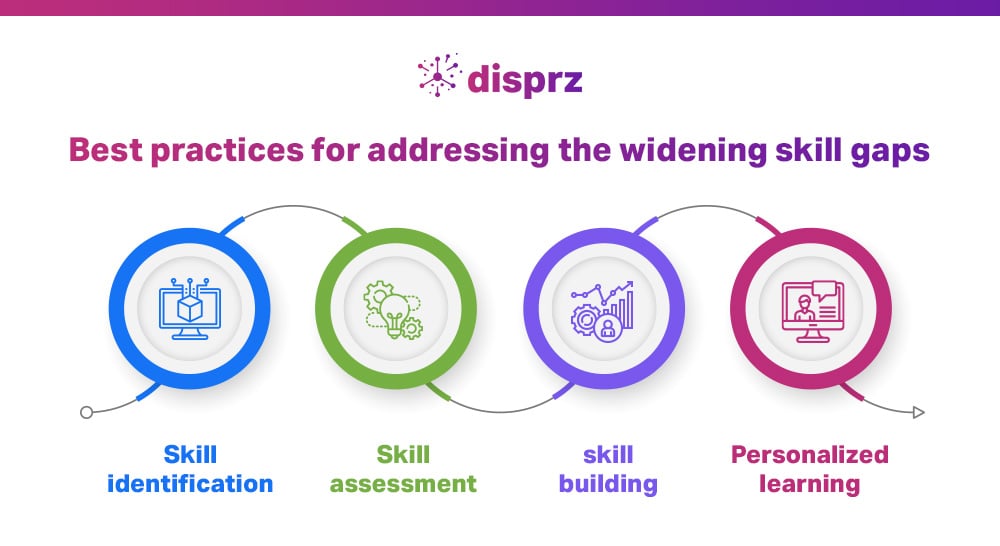The skills gap is a pressing issue affecting businesses and economies worldwide. It refers to the disparity between the skills employers require and the skills that workers possess. Also, hiring better and solving Skill Gap issue through a recruitment partner can be great choice to. But we don’t take precautions, this gap can lead to various challenges, such as decreased productivity, higher employee turnover, and reduced innovation.
The Skills Gap Problem
The skills gap poses significant challenges for both businesses and individuals. For companies, it means difficulties in finding qualified candidates to fill essential roles. For individuals, it can result in unemployment or underemployment. Several factors contribute to this mismatch:
Causes of the Skills Gap
- Changing Nature of Work: Technological advancements and automation are transforming job roles, creating a demand for new skills while rendering some traditional skills obsolete.
- Decline of Manufacturing Jobs: The shift of manufacturing jobs to countries with lower labor costs has left many workers needing reskilling to remain competitive in the job market.
- Increasing Demand for STEM Skills: Science, Technology, Engineering, and Mathematics (STEM) skills are in high demand, but there is a shortage of qualified candidates due to inadequate STEM education and encouragement.
- Aging Workforce: As the baby boomer generation retires, there is a need to replace their skills with younger workers, but many young people are not pursuing careers in critical fields.
- Lack of Access to Education and Training: High education costs, lack of access to quality schools, and insufficient support for adult learners contribute to the skills gap.

Image From: disprz.ai
Addressing the Skills Gap
While the skills gap is a complex issue, there are several solutions that various stakeholders can implement to address it effectively.
Government Initiatives
Governments can play a crucial role in narrowing the skills gap through:
- Funding Training Programs: Providing financial support for vocational training, scholarships, and apprenticeships.
- Improving Education Alignment: Ensuring that educational curricula align with the skills needed in the modern workforce.
Employer Initiatives
Employers can address the skills gap by:
- Investing in Employee Training: Providing opportunities for employees to learn and develop new skills.
- Creating a Culture of Lifelong Learning: Encouraging continuous learning and skill development within the organization.
- Partnering with Educational Institutions: Collaborating with schools and colleges to design customized training programs.
Education and Training Initiatives
Educational institutions can help close the skills gap by:
- Increasing Vocational Education Funding: Investing in programs that provide hands-on training for in-demand skills.
- Curriculum Redesign: Ensuring that students are learning the skills that employers need.
- Expanding Online Learning Opportunities: Making education more accessible through online courses and resources.
Individual Initiatives
Individuals can take proactive steps to enhance their skills, such as:
- Pursuing Further Education: Engaging in continuous learning through online courses, workshops, and seminars.
- Networking and Building Relationships: Connecting with professionals in their field to stay informed about industry trends and opportunities.
- Self-Assessment: Regularly evaluating personal skills and identifying areas for improvement.
Conclusion
The skills gap is a significant challenge, but it is not insurmountable. By working together, governments, employers, educational institutions, and individuals can create a more skilled workforce. Addressing the skills gap is crucial for ensuring economic competitiveness and providing individuals with the opportunities they need to succeed in the 21st-century economy.
Recruitment Industry: Hiring Guides




